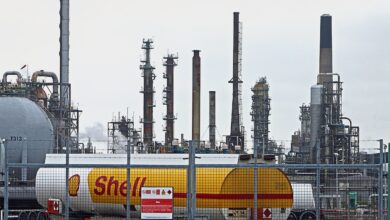Illicit Financial Flow From Africa Around $90 billion – UN Study

“International organisations and activists often fail to note how African political authorities are either actively involved in illegal capital flight and/or fail to invest in developing the bureaucratic capacities for effective taxation of the trade in minerals and other commodities. Furthermore, domestic economic policies, including foreign exchange controls, create powerful incentives to export illegally acquired capital because they drive inflation and financial instability”.
Africa loses about $90 billion every year in illegal financial outflows including theft and tax evasion, equivalent to more than what it receives as development aid, a United Nations (UN) study revealed on Monday.
The data contained in a United Nations Conference on Trade and Development report is the most extensive to date for the continent. It depicts a rising trend of capital flight over time and is higher than other estimates in the past.
The report describes Africa as a “net creditor to the world,” reflecting analysts’ perceptions that despite its seeming aid-dependency, Africa is actually a net exporter of capital due to capital flight.
“Illicit financial flows rob Africa and its people of their prospects, undermining transparency and accountability and eroding trust in African institutions,” Mukhisa Kituyi, UNCTAD’s Secretary-General said.
Around 50% of the gross yearly sum of $88.61 billion derives from the exportation of commodities like diamond, platinum and gold, according to the report. Gold constituted 77% of the underinvoiced exports valued at $40 billion in 2015, it said.
Failure to get a hang on the real value of a commodity, UNCTAD said, helps hide trade gains abroad and denies developing countries of foreign exchange and undermine their tax base.
Addressing illicit flows is an urgency for the UN, whose General Assembly embraced a resolution on this in 2018, and the document enjoins Africa to draw on the report to present “renewed arguments” in international forums.
According to UNCTAD economists, Africa requires $2.4 trillion to adapt to climate change by the year 2030, half of which could be financed by curbing illicit capital flight.
International organisations and activists often fail to note how African political authorities are either actively involved in illegal capital flight and/or fail to invest in developing the bureaucratic capacities for effective taxation of the trade in minerals and other commodities. Furthermore, domestic economic policies, including foreign exchange controls, create powerful incentives to export illegally acquired capitalbecause they drive inflation and financial instability.








One Comment